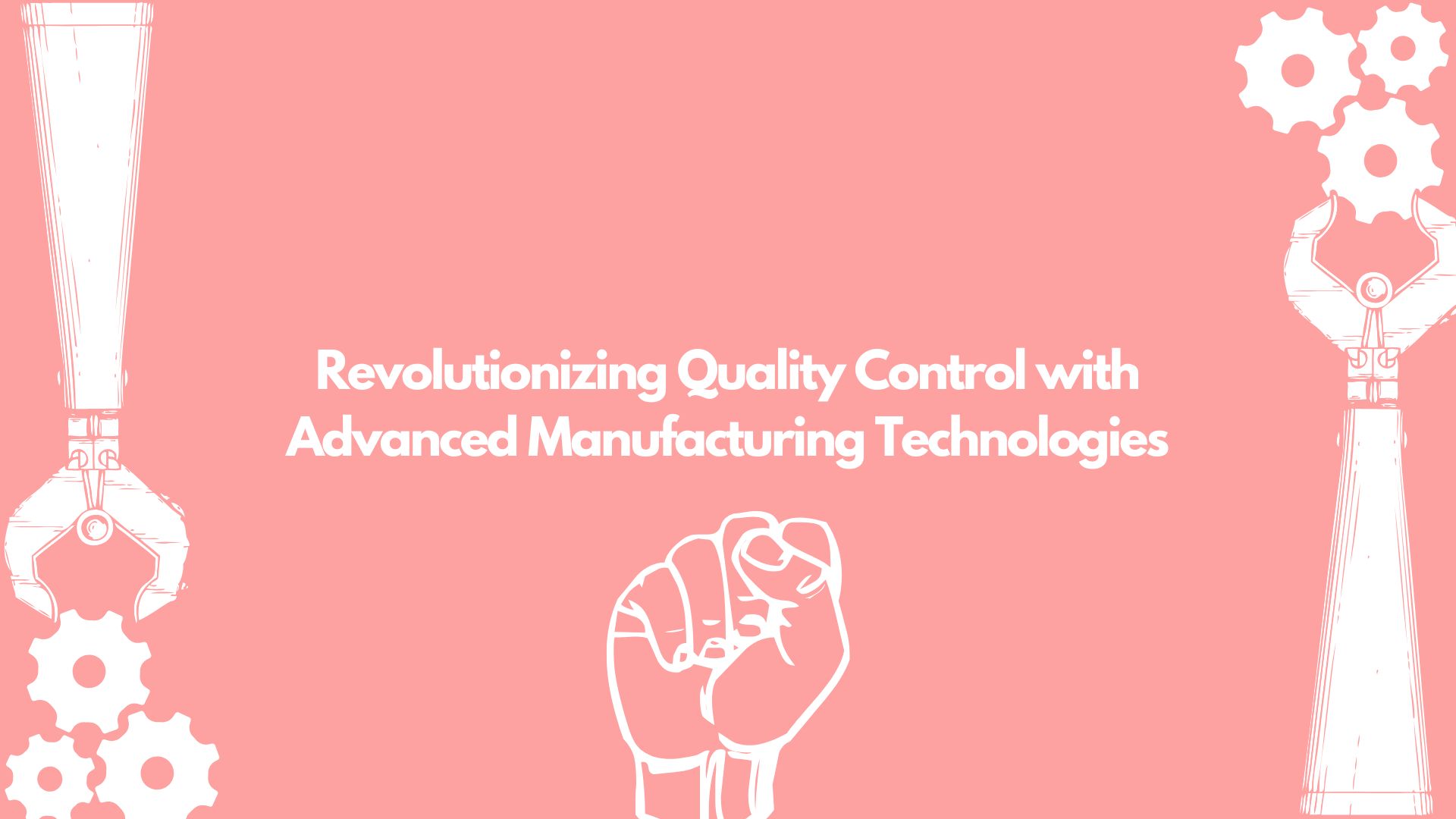Introduction
In the competitive world of manufacturing, ensuring consistent product quality is paramount. Advanced manufacturing technologies, such as automation, machine learning, and real-time data analytics, are transforming quality control processes. This blog explores how these technologies are revolutionizing quality control in manufacturing, leading to enhanced product reliability and customer satisfaction.
Understanding Advanced Manufacturing Technologies in Quality Control
Advanced manufacturing technologies integrate sophisticated tools and processes to monitor, analyze, and improve product quality. These technologies enable manufacturers to detect defects early, minimize waste, and ensure that products meet stringent quality standards.
Key Technologies Transforming Quality Control
- Automation and Robotics: Automated systems and robotic inspectors perform repetitive and precise quality checks, reducing human error and increasing inspection speed.
- Machine Learning Algorithms: These algorithms analyze large datasets to identify patterns and predict potential quality issues before they occur.
- Real-Time Data Analytics: Continuous monitoring and real-time data analysis provide immediate feedback on production quality, enabling quick corrective actions.
- Advanced Imaging Techniques: High-resolution cameras and imaging systems detect surface defects and inconsistencies with greater accuracy.
- Digital Twins: Virtual replicas of physical products and processes allow for thorough testing and quality assurance in a simulated environment.
Benefits of Advanced Technologies in Quality Control
- Increased Accuracy: Automated and advanced imaging techniques ensure precise defect detection and measurement.
- Reduced Defects: Early detection and predictive analytics help minimize the occurrence of defects and rework.
- Enhanced Efficiency: Automated systems and real-time analytics streamline quality control processes, reducing inspection times and costs.
- Improved Product Reliability: Consistent quality control ensures that products meet high standards, enhancing reliability and customer satisfaction.
- Data-Driven Insights: Continuous data collection and analysis provide valuable insights for process improvements and strategic decision-making.
Case Study: Quality Control at [Company Name]
[Company Name], a global leader in electronics manufacturing, implemented advanced quality control technologies:
- 50% Reduction in Defect Rates: Automated inspections and machine learning algorithms significantly reduced product defects.
- 30% Increase in Inspection Speed: Real-time data analytics and automation streamlined quality control processes.
- Enhanced Customer Satisfaction: Improved product quality and reliability led to higher customer satisfaction and loyalty.
Conclusion
Advanced manufacturing technologies are revolutionizing quality control, offering unparalleled accuracy, efficiency, and reliability. By integrating automation, machine learning, real-time analytics, and other advanced tools, manufacturers can ensure that their products consistently meet the highest quality standards. Embracing these technologies not only enhances product quality but also drives operational excellence and competitive advantage in the manufacturing industry.









